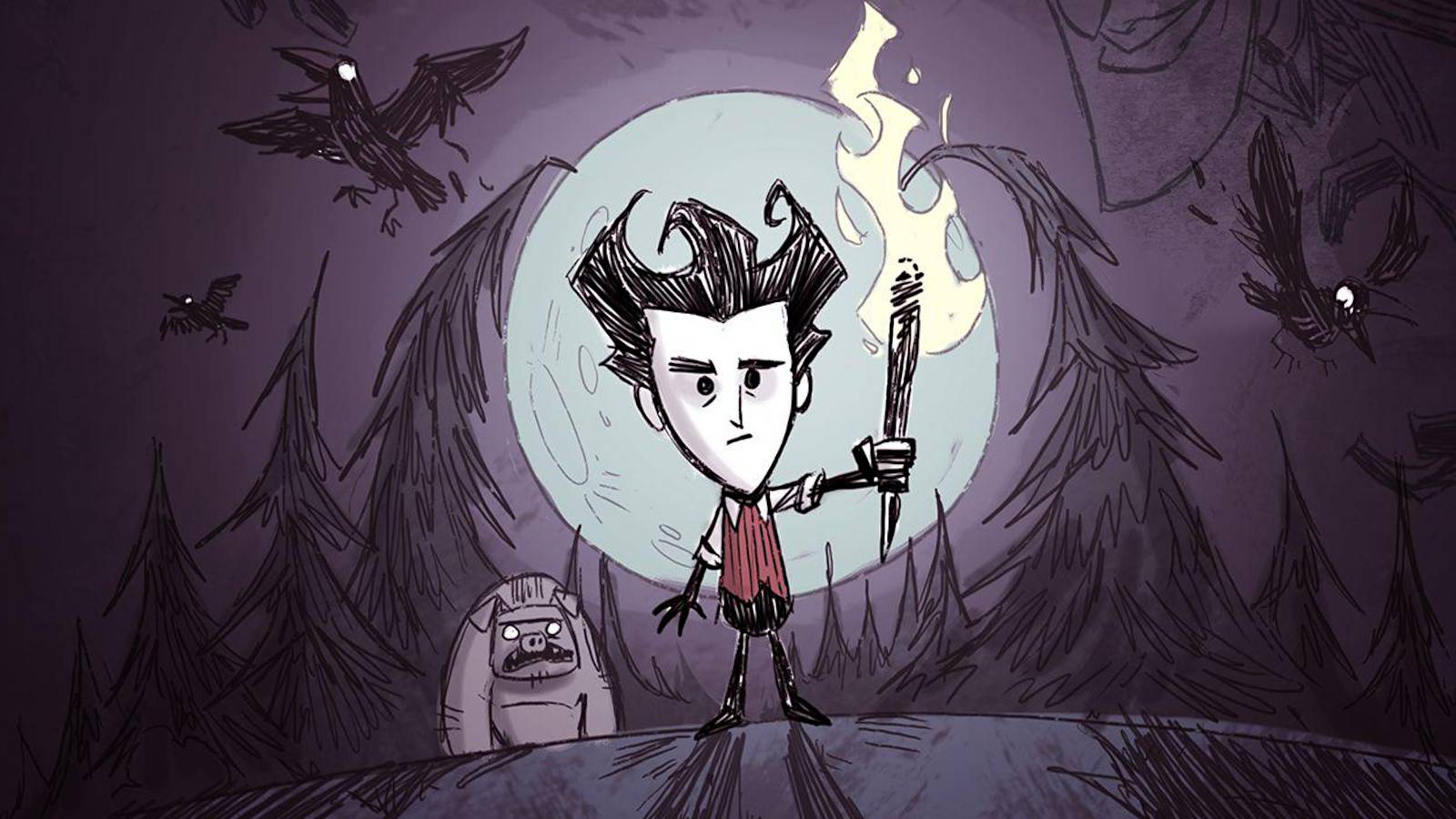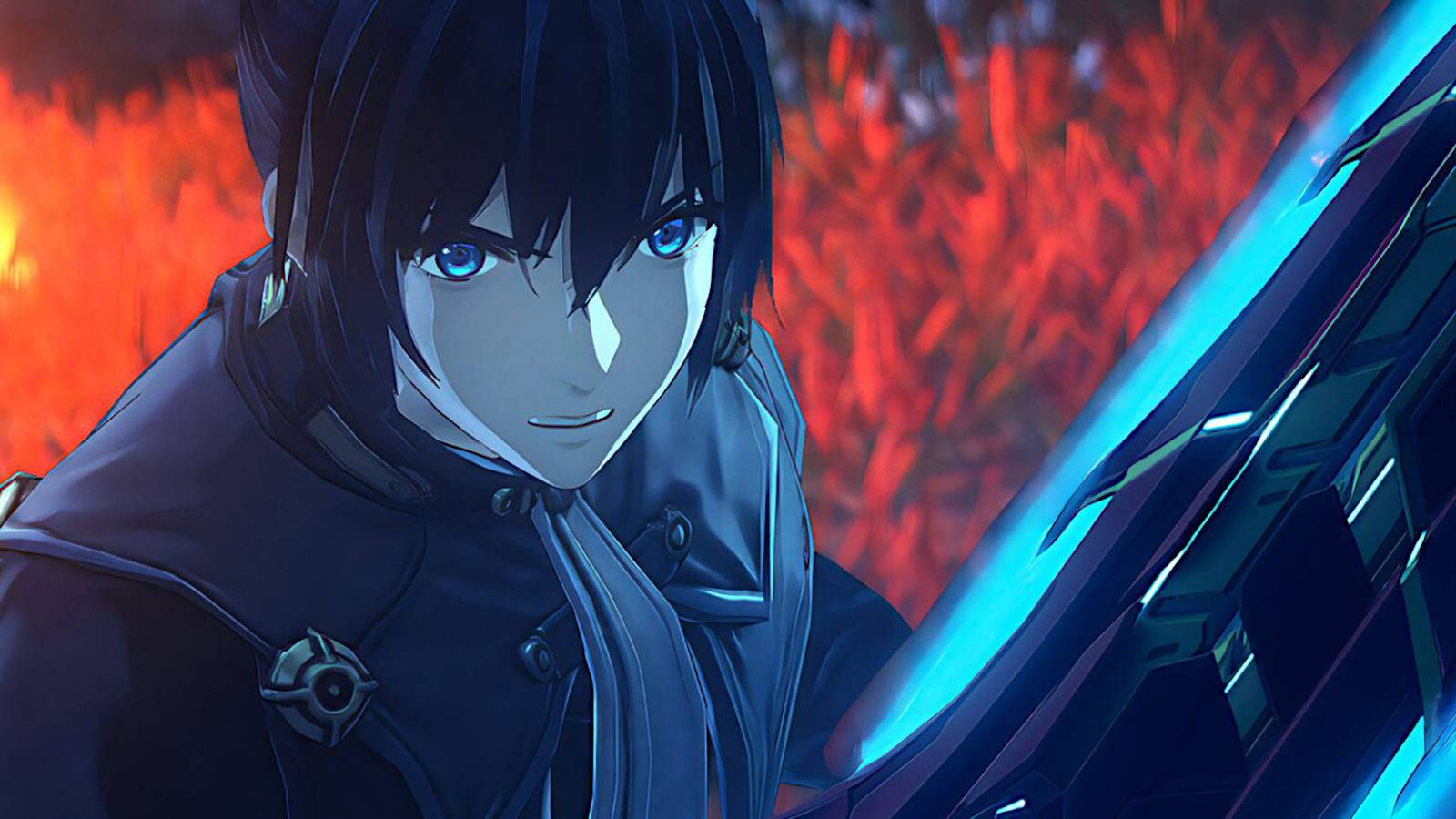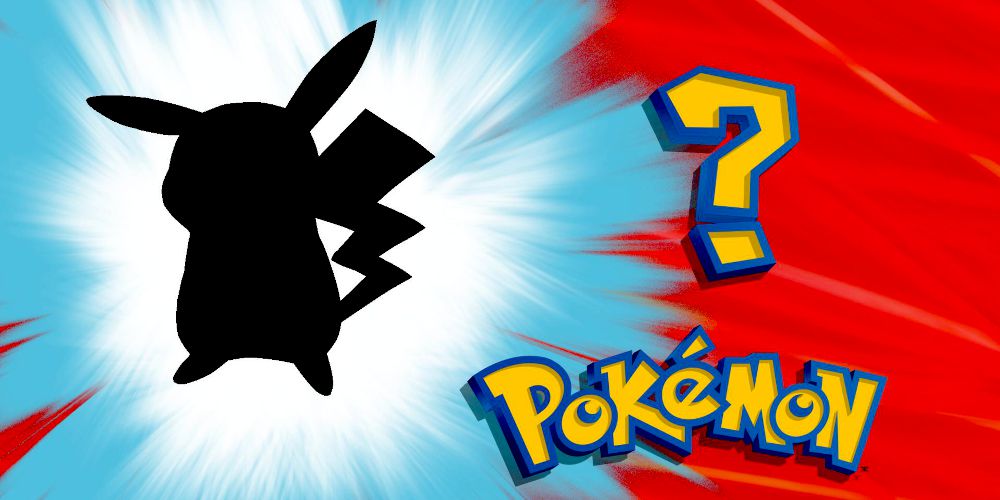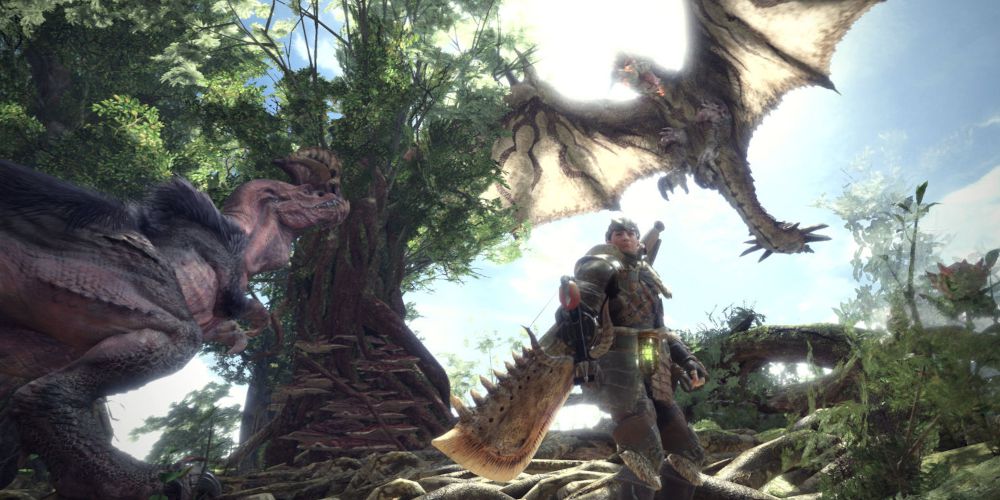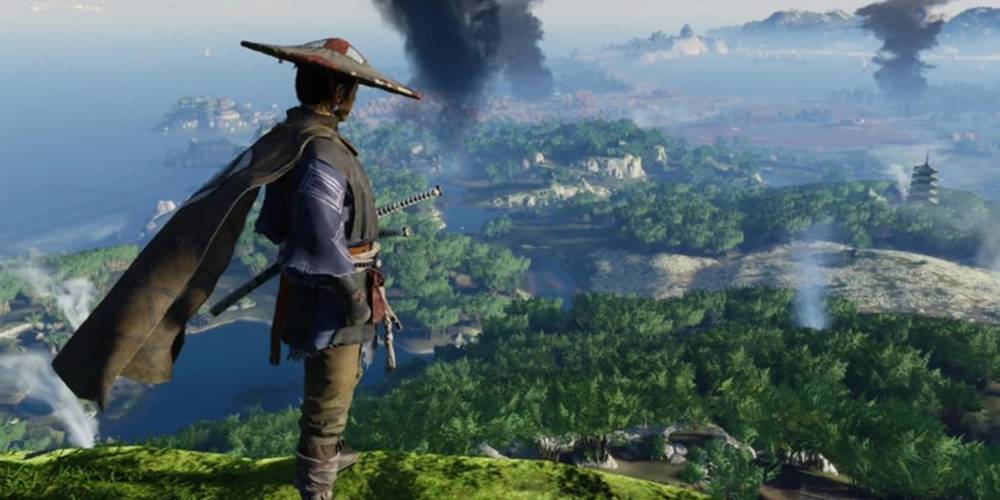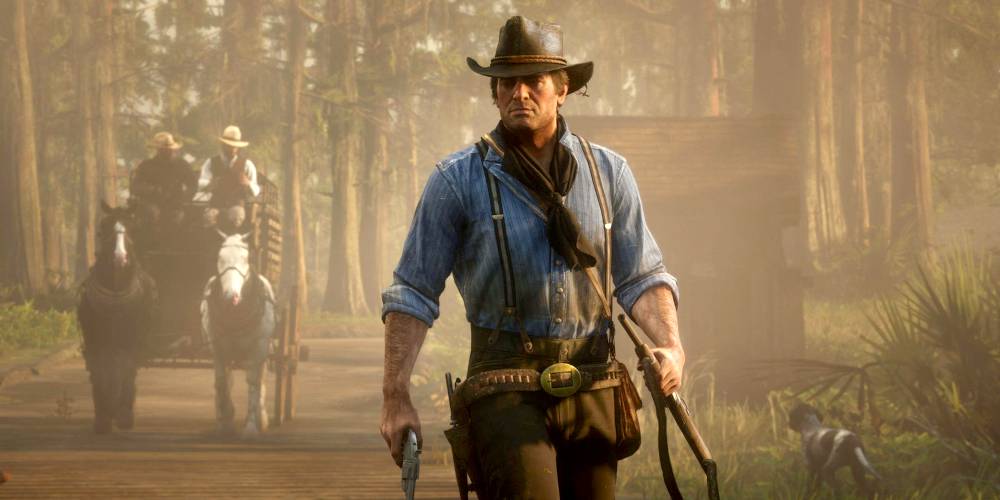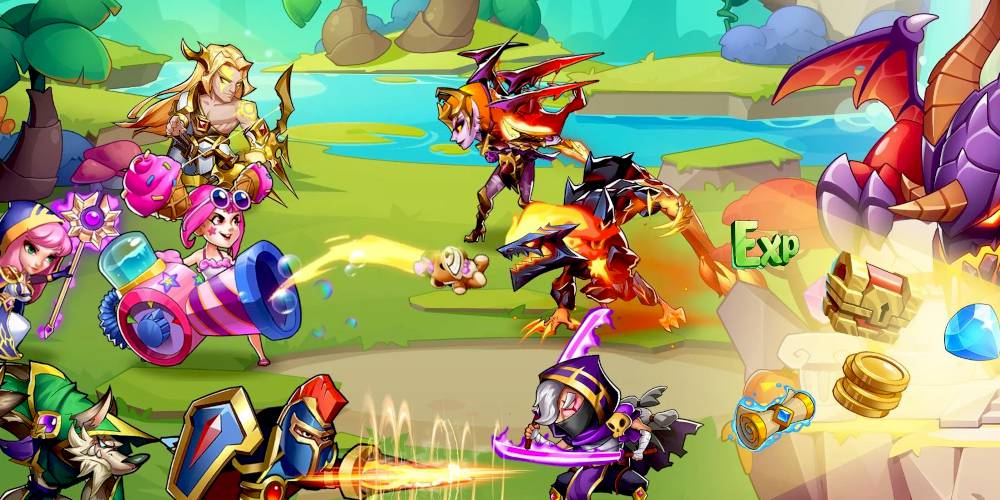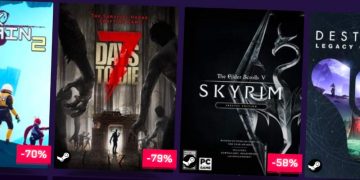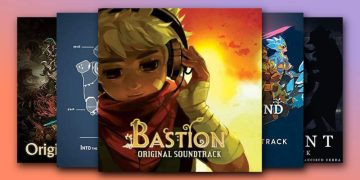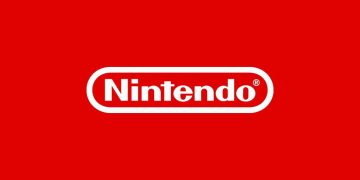What Are Soulslike Games?
Soulslike games have their origin inDemon’s Soulsby FromSoftware, which became increasingly popular with the followingDark Soulsgames.
Soulslike games are third-person RPG-like games that are characterized by their crushingly difficult combat scenarios, an emphasis on exploration, and a philosophy of environmental storytelling.
Often, Soulslike games drop players into an unknown dark fantasy world full of many different large bosses for them to conquer.
Death isn’t just a possibility in Soulslike games—it’s an expected part of the experience. FromSoftware is most famous for this, with their iconic “You Died” game over screen that almost mocks the player upon death.
And death is so frequent because these games test the player’s ability to master the most intricate mechanics: split-second timing in dodging attacks, adapting to each enemy’s unique attack patterns, and finding the right maneuvers to overcome a boss’s impenetrable defenses.
On the surface, Soulslike games might sound like roguelite games. After all, roguelite games are also designed with death in mind, encouraging players to try again and again with incremental boosts between runs.
But Soulslike games offer no such boons to their players between deaths. The only solution is to muster up courage for another brutal run.
Related:Why Is Roguelike Gameplay Invading Every Game Genre? Explained
The environment of a Soulslike game is also key to its success. Often times, there’s no obvious “main quest” for the player, and there are few—if any—NPCs that provide direction and hints to the player.
Instead, the world is itself a subtle story canvas. Every environment has small details and clues that shed light on how the area came to be the way it is and what lies ahead if you’re willing to venture forth.
These environmental details can be ignored if you’re only interested in the gameplay, but for many Soulslike fans, the main drive in trying again and again after death is to unlock new pieces of game lore.
Why Do People Love Soulslike Games?
Fans of Soulslike games cite the crushing difficulty as a core part of the genre’s appeal. Dying might be frustrating, but improving to the point where you can overcome a previously insurmountable challenge? That’s what makes these games fun.
Soulslike games demand dedication. They require huge amounts of practice and a mindset that won’t give up no matter how many times you have to make an attempt. For this reason, Soulslike games aren’t for everyone.
However, if you have the time and energy to invest, then Soulslike games offer some of the greatest feelings of accomplishment of any genre.
The sense of community around Soulslike games also plays a big factor in the genre’s enjoyability. To no surprise, the genre gained prominence through social media and the internet, with players posting their hard-fought victories and sharing their epic failures for others to enjoy.
Not to mention the small multiplayer concepts that are often present, particularly in FromSoftware’s games. Players can leave messages in the environment for others to find, and these messages can be helpful, misleading, cryptic, etc. They’re fun to discover and read.
More recent Soulslike games, likeElden Ring, even allow players to summon powerful avatars of other gamers to fight on their behalf, which helps when it comes to tackling the game’s most difficult bosses.
This sense of community is unique to Soulslike games. You know everyone else has struggled against the same unforgiving bosses that you’re having trouble against—some of the hardest bosses in gaming history—and that struggle forges a shared bond that most games don’t have.
The History and Influence of Soulslikes
Despite being a relatively new genre compared to the more classic genres of JRPGs or platformer games, the Soulslike genre has had an undeniable influence on game design and gaming culture.
The origin of the Soulslike genre is often pinned on 2009’sDemon’s Souls, which continued with theDark Soulsseries a few years later. After that, games likeBloodborneandSekiro: Shadows Die Twicefurther sharpened the core mechanics of the Soulslike genre.
FromSoftware, the developer behind these games, continues to perfect the genre, with 2022’sElden Ringshowcasing how much further these games can evolve with the benefits of current-gen consoles.
However, FromSoftware is far from the only studio in the Soulslike genre.
In 2015, developer Acid Nerve came out withTitan Souls, which is another early example of the Soulslike genre that features many of the same core concepts, including brutal boss difficulty and environmental storytelling.
TheNiohseries, first released in 2017, is another great example from this period. Developer Team Ninja outright stated that theDark Soulsseries was a heavy influence on their game design.
Related:The Best Soulslike Games of All Time, Ranked (And Why They’re Great)
But the influence of the first Soulslike games extended beyond just the Soulslike genre. Other games eventually borrowed from the Soulslike philosophy, especially when it came to combat.
2015’sThe Witcher 3: Wild Huntlooked remarkably similar toDark Soulswhen it came to its boss encounters.
Later on, games likeHollow Knight,Stranger of Paradise: Final Fantasy Origin, andNier: Automataborrowed from the Soulslike genre’s difficult combat mechanics but left out the environmental storytelling.
What we’ve seen over the past decade or so is an increasing willingness of game developers to re-embrace difficulty and challenge, even without being firmly within the Soulslike genre. Precise timings, smart strategies, and skill-based progression are more prevalent now than ever before.
Even if the Soulslike genre itself ever dies off, we’ll always owe it a debt for making hard video games acceptable again.
Related:The Most Challenging Video Games of All Time, Ranked



![]()
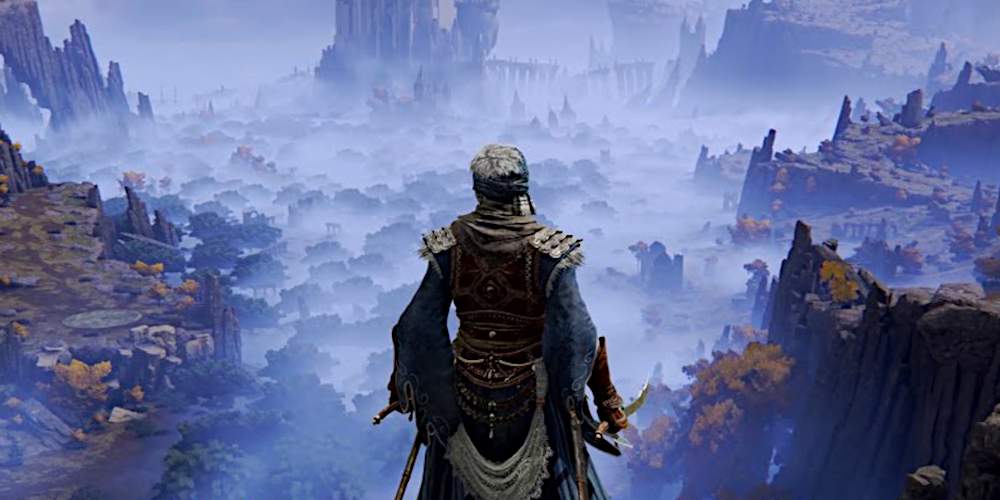
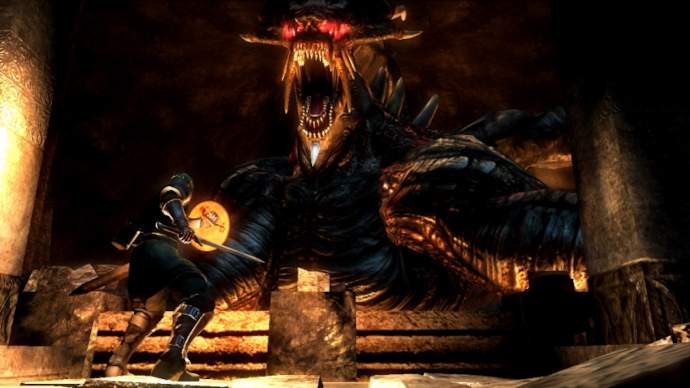

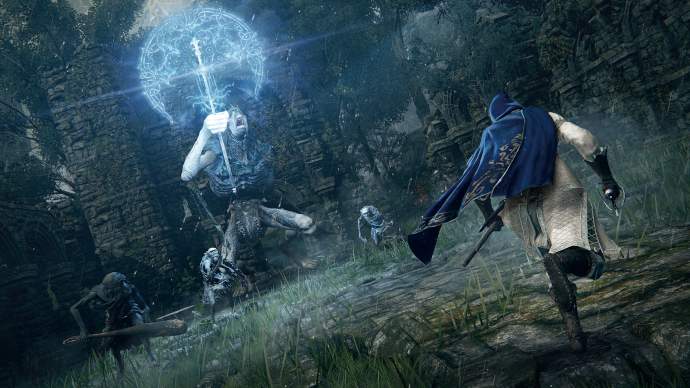
Elden Ring
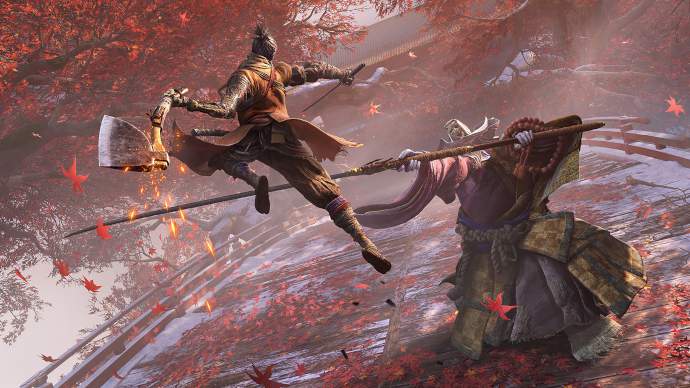
Sekiro: Shadows Die Twice


